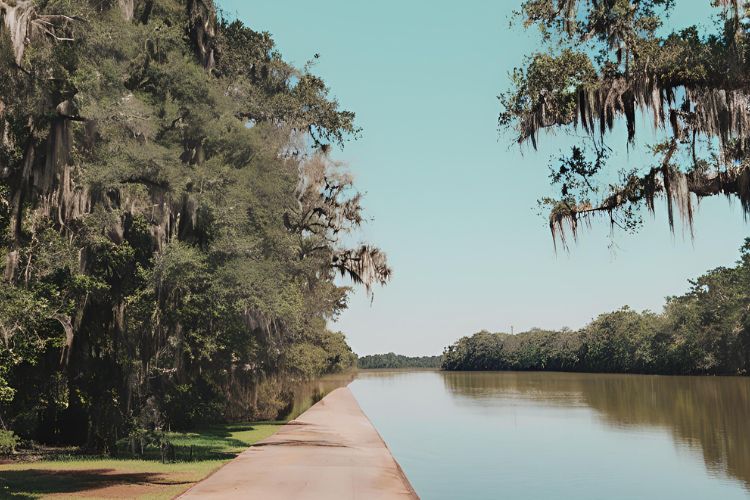Louisiana is a state rich in cultural diversity, and one of the most intriguing aspects of its heritage is the presence of voodoo practices. Voodoo, a religion with roots in West Africa, was brought to Louisiana by enslaved Africans and has since become an integral part of the state’s cultural fabric. Central to the practice of voodoo are the voodoo priests, or “houngans” and “mambos,” who play a vital role in preserving and passing on the traditions of this unique belief system.
Origins of Voodoo in Louisiana
Voodoo arrived in Louisiana during the transatlantic slave trade, when African captives brought their spiritual beliefs with them to the New World. The religion evolved in the plantations of Louisiana, blending elements of African traditions with Catholicism and Native American spiritual practices. Voodoo became a way for enslaved Africans to maintain their cultural identity and resist the oppressive forces of slavery.
The Role of Voodoo Priests
Voodoo priests, known as houngans (male) and mambos (female), serve as spiritual leaders and healers within the voodoo community. They are believed to have a direct connection to the spirit world and are responsible for performing rituals, ceremonies, and spells to communicate with and appease the spirits. Voodoo priests also provide guidance and protection to their followers, offering spiritual counsel and healing through the use of herbs, charms, and rituals.
Preservation of Cultural Traditions
Voodoo priests play a crucial role in preserving and transmitting the rich cultural traditions of voodoo in Louisiana. Through their knowledge and expertise, they ensure that ancient rituals and practices are passed down from generation to generation, keeping the spiritual heritage of the African diaspora alive in the modern world. Voodoo priests also serve as custodians of sacred knowledge, guarding the secrets of the religion and upholding its sacred rites.
Community Leadership and Healing
In addition to their spiritual duties, voodoo priests often serve as community leaders and healers, providing guidance and support to individuals facing challenges or crises. They offer spiritual counseling, mediate disputes, and perform healing ceremonies to restore balance and harmony to those in need. Voodoo priests are respected members of their communities, trusted for their wisdom, compassion, and ability to connect with the spiritual realm.
Conclusion
The role of voodoo priests in Louisiana’s cultural heritage is a testament to the resilience and creativity of enslaved Africans who preserved their spiritual traditions in the face of adversity. Through their rituals, ceremonies, and guidance, voodoo priests continue to uphold the ancient traditions of voodoo and offer spiritual healing and support to those in need. Their presence is a reminder of the enduring legacy of African spirituality in Louisiana’s diverse cultural landscape.

